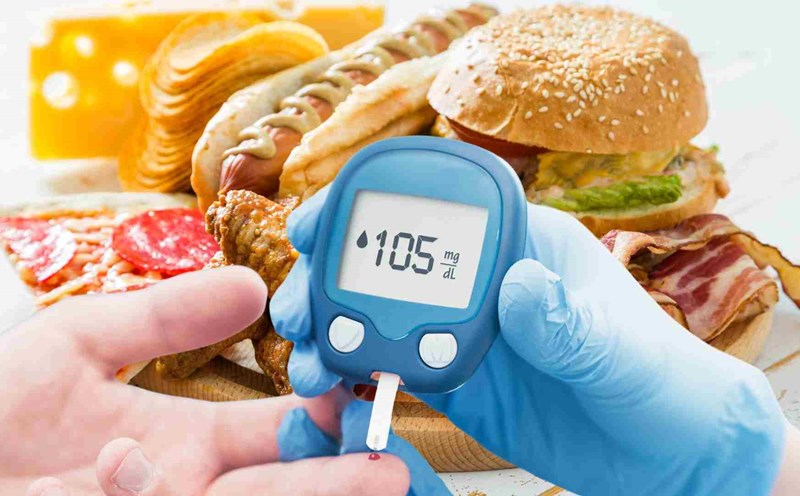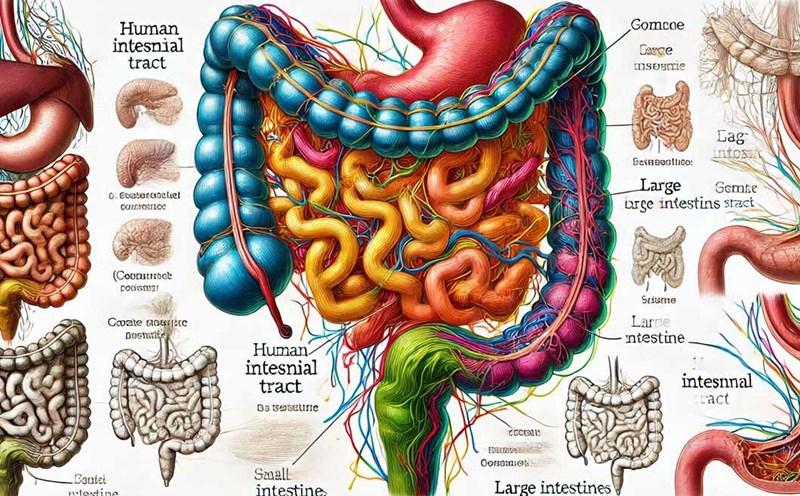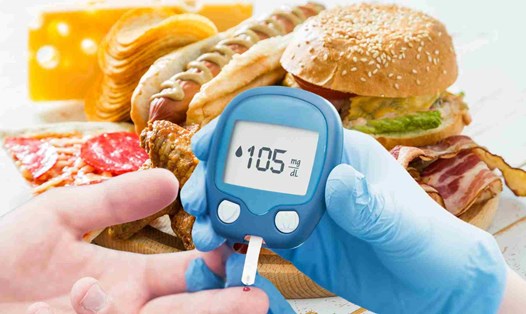The link between cholesterol levels and eggs
Dr. Suranjit Chatterjee - Senior Consultant, Indraprastha Apollo Hospital, New Delhi (India) - said that eggs are a rich source of nutrients, providing protein, healthy fats, vitamins and minerals. A large egg contains about 186 milligrams of cholesterol and all of it is in the yolk.
This has caused concern because dietary cholesterol is thought to directly increase blood cholesterol levels.
However, studies have now shown that for most people, consuming cholesterol-rich foods like eggs has little impact on blood LDL cholesterol levels.
The liver produces cholesterol, and when food intake increases, the liver usually compensates by reducing its own cholesterol production.
For most people, the cholesterol in eggs does not lead to significant changes in blood cholesterol levels, Dr. Suranjit Chatterjee emphasizes.
Instead, factors such as genetics, the type of fat in your diet (especially trans fats and saturated fats), and lifestyle will play a much larger role in determining your blood cholesterol levels.
Does eating eggs every day affect cholesterol?
Eggs not only contain cholesterol, but are also packed with nutrients like lutein and zeaxanthin, antioxidants that help reduce the risk of eye diseases like macular degeneration and cataracts.
Eggs are also rich in choline, a nutrient that is essential for all cells. They are high in quality animal protein, the benefits of which include increased muscle mass and better bone health.
According to Dr. Suranjit Chatterjee, many studies have shown that moderate egg consumption (about one egg per day) is safe for most people and does not significantly change blood cholesterol levels or increase the risk of cardiovascular events.
However, genetic factors or specific health problems such as cholesterol metabolism disorders will affect the way the body processes cholesterol in some cases.











